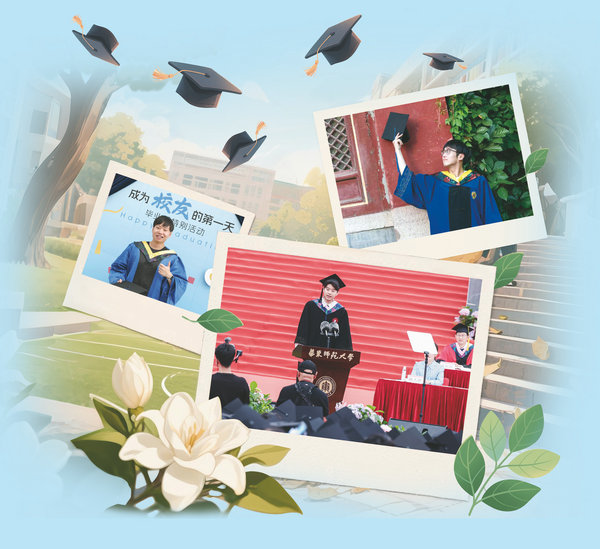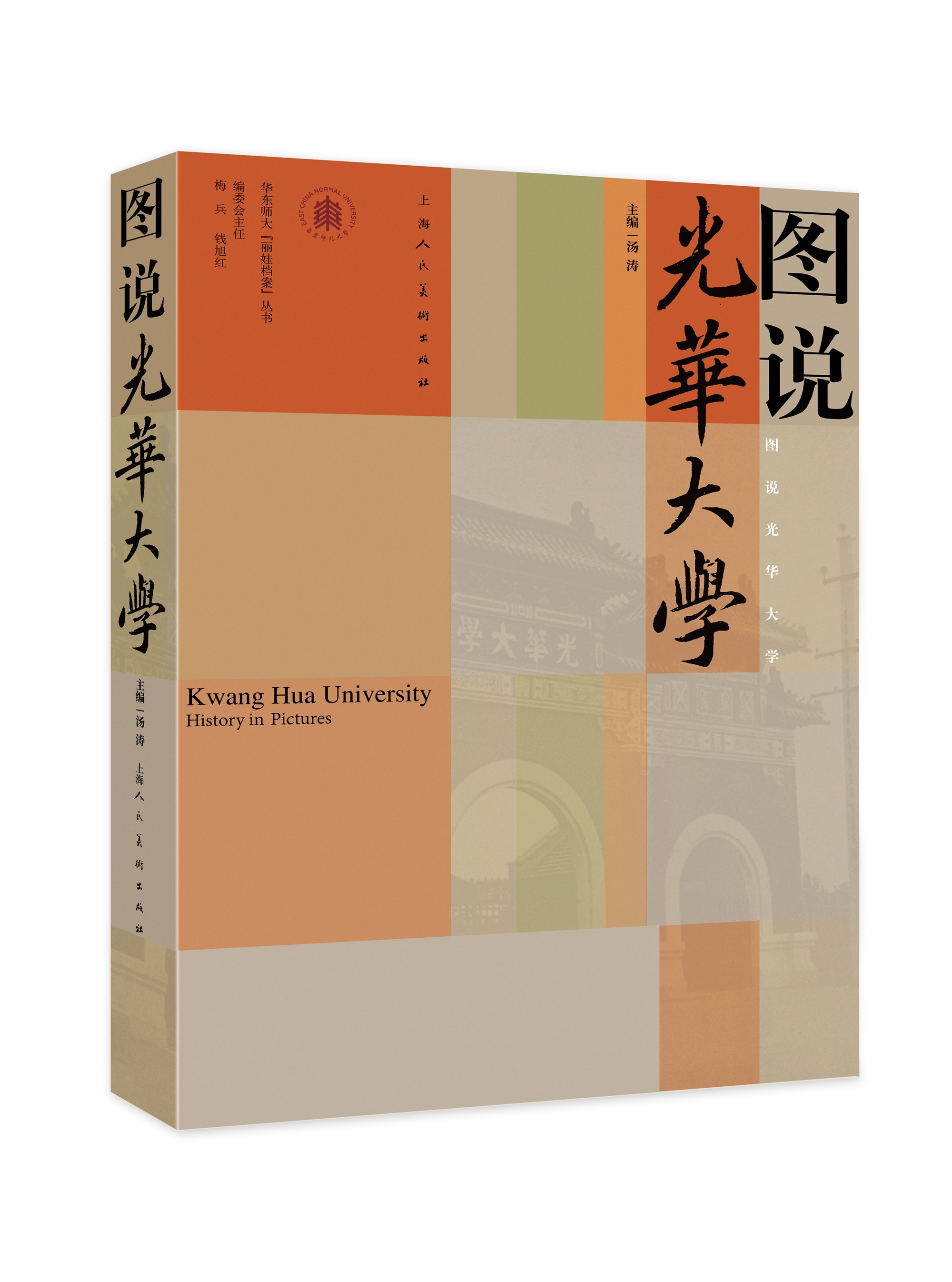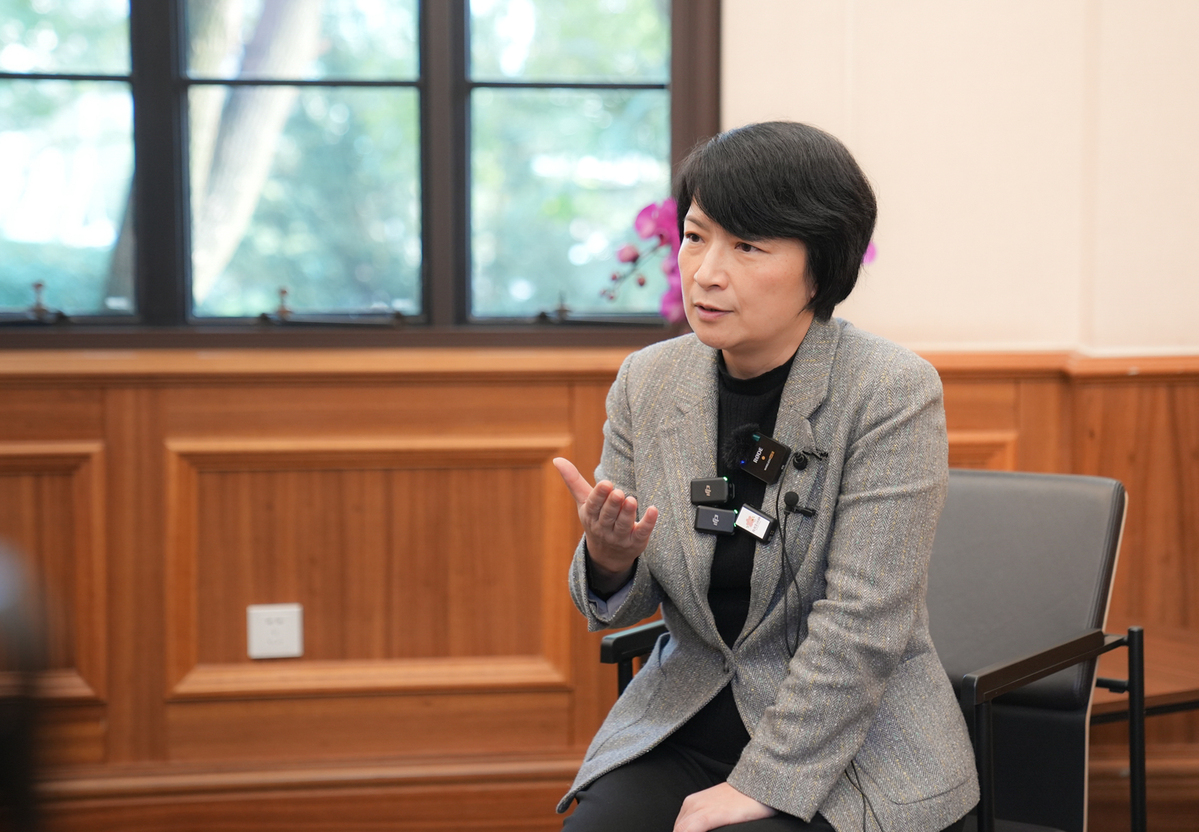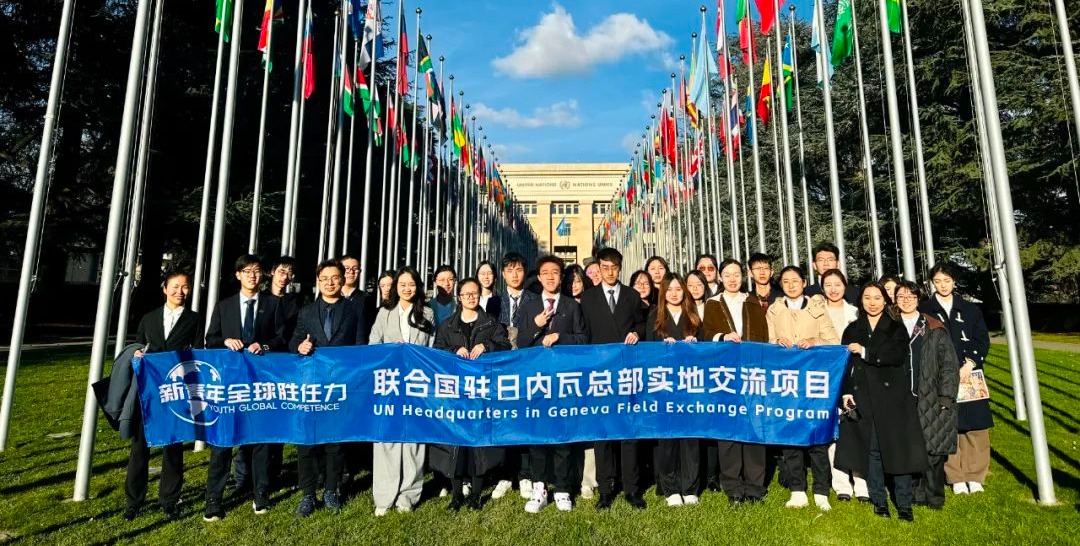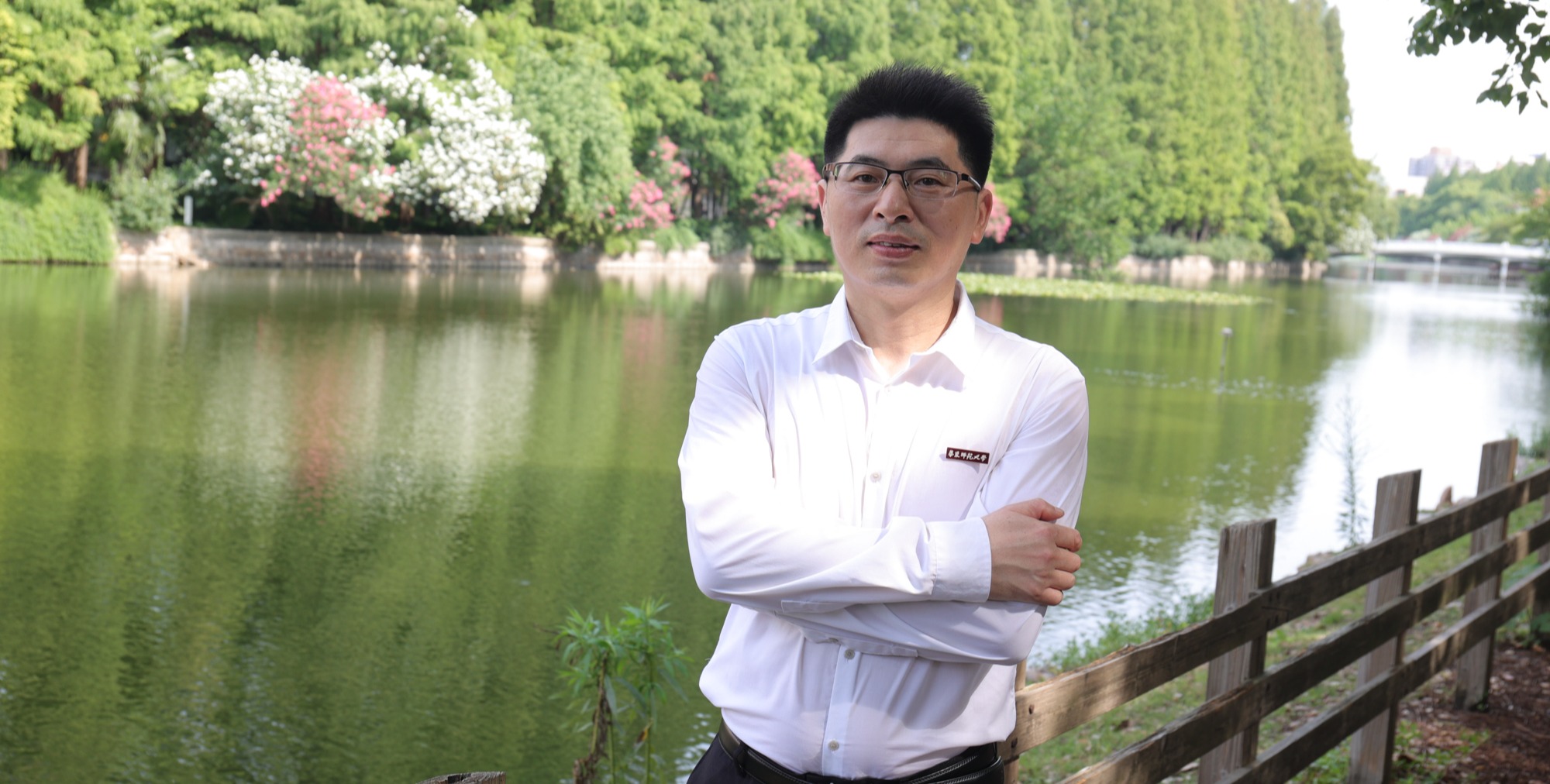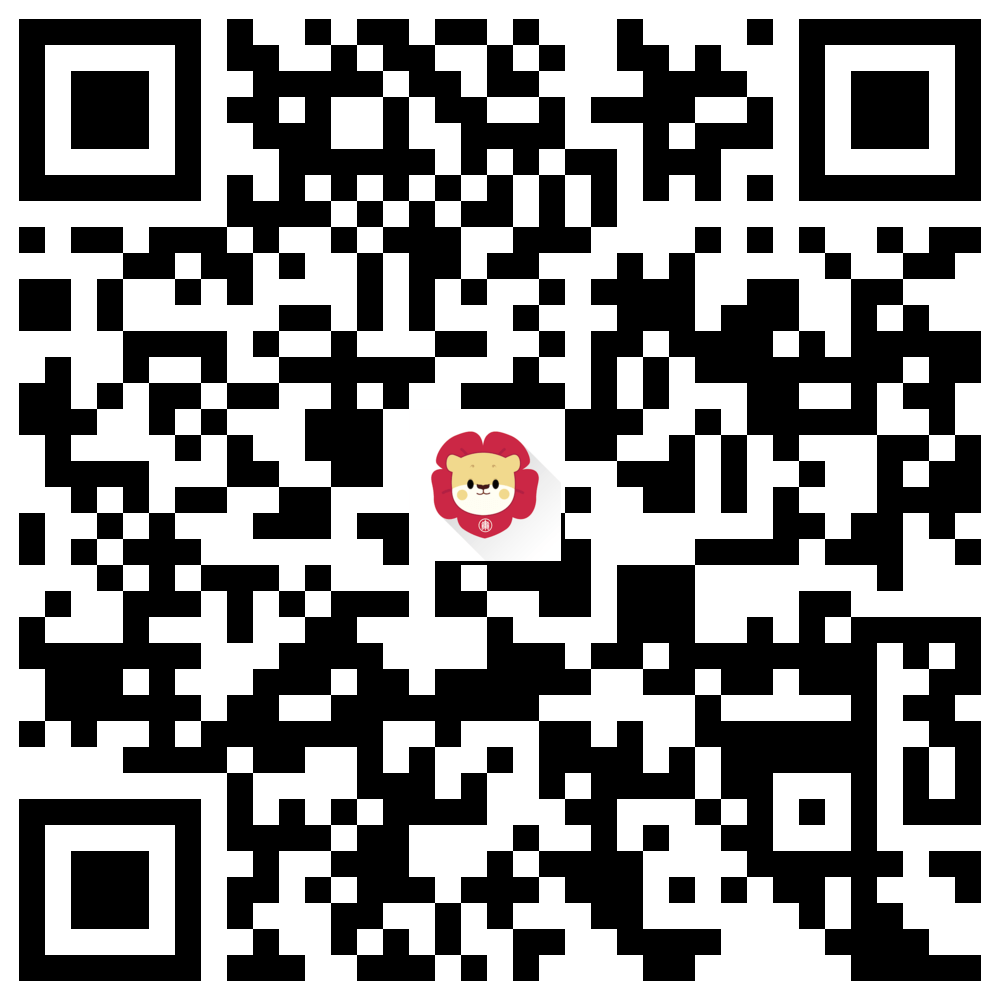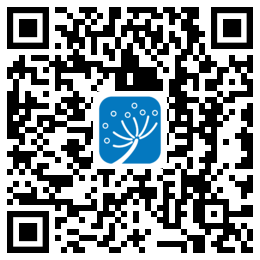# Hot Search #
Recently, the educational large-scale language model EduChat, developed by the research team from the School of Computer Science and Technology and the Shanghai Institute of Intelligent Education at ECNU, was reported in the internationally renowned journal Nature.
The title of the article is "ChatGPT Enters the Classroom", which mainly explores the transformation and impact of large-scale language models on education. EduChat is introduced as a representative case in the article.


Researchers at East China Normal University in Shanghai have created a dedicated educational LLM called EduChat that combines essay assessment, dialogue-based tutoring and emotional support in one chatbot. The team has shared the tool as open-source code. Although EduChat is still at an early stage, it is notable for being a dedicated educational LLM rather than an adaptation of an existing, general-purpose model, such as ChatGPT or Bard.
——reported by Nature
Source: Extance, Andy. "ChatGPT enters the classroom," Nature 623, no. 7987 (2023): 474-477.
https://www.nature.com/articles/d41586-023-03507-3

EduChat (https://www.educhat.top/) is a large-scale language model (LLM)-based chatbot system in the education domain. Its goal is to support personalized, fair, and compassionate intelligent education, serving teachers, students, and parents. Guided by theories from psychology and education, it further strengthens educational technology and applications such as open question answering, essay assessment, Socratic teaching, and emotional support. Currently, EduChat is available online as an open-source project, with its code, data, and model parameters available on platforms (e.g., GitHub and Hugging Face: https://github.com/icalk-nlp/EduChat ).

The EduChat research team will continue to improve related functions, making the education model more like a professional teaching assistant, an excellent teacher's helper, and a trustworthy companion for children. At present, the team is investigating how to integrate more findings from interdisciplinary fields such as education and psychology, stimulate the model to pay more attention to the character development of outstanding teachers, and cultivate students' expression, creativity, and critical thinking abilities. At the same time, the research team is working hard to fully unleash the capabilities of large models in various application scenarios, exploring digital education with human-machine integration, and enabling educators and technology to present a new look with a truly integrated attitude. The team is also attempting to promote educational reform, and working cooperatively to build an open-source ecosystem for data and technology to serve LLMs in the vertical field of education.
Source: School of Computer Science and Technology
Copy editor:Philip Nash
Editor: Wicky Xu

